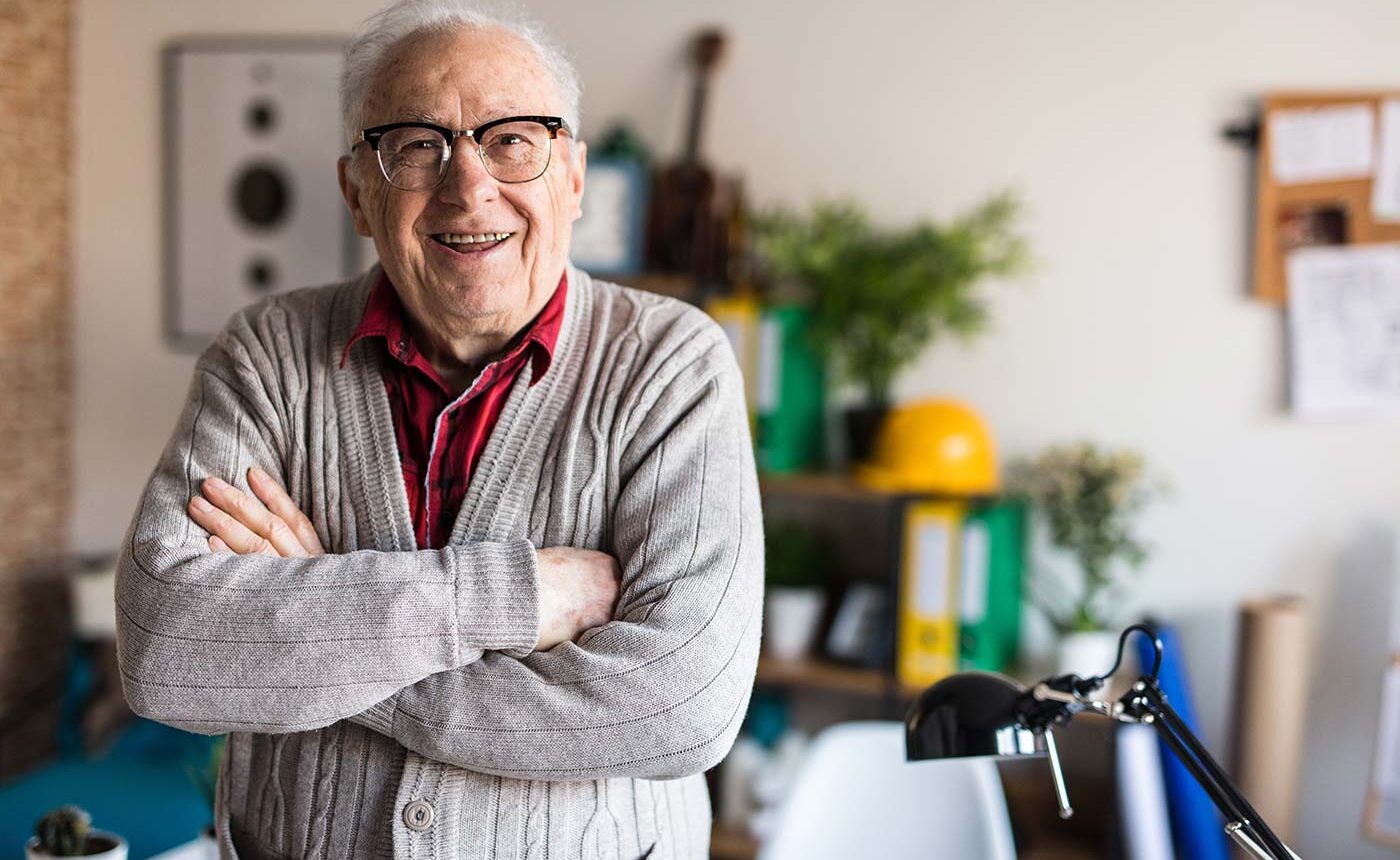Wills FAQ
Estate planning is an essential part of ensuring a person’s final wishes are carried out upon their death, and preparing a will is a key component of this process. Although most individuals have a basic understanding of how a will works, there are many complex details that govern how a will works. The following are some common questions:
Q: Why Should a Person Have a Will?
A:The purpose of preparing a will is to create a legal instrument naming the beneficiaries who an individual wishes to inherit their assets after they pass away. These beneficiaries often include charitable organizations, children, grandchildren, and spouses. Some individuals also choose to name a guardian to ensure the care of their minor children in their will.
Q: What Happens to a Person’s Children and Assets If They Die Without a Will?
A: When an individual passes away without a will or other legal document to dictate their final wishes for their assets, inheritance rights are governed by their state’s laws of intestate succession. In most cases, their spouse and children are at the head of the line to inherit their assets. In circumstances where the individual has no children or spouse, other close relatives such as parents, grandparents, and siblings become the default beneficiaries. If no close relatives can be identified to distribute the assets to, the deceased’s property typically goes to the state.
If the individual who passes away without a will has minor children, the other parent is usually the first in line to care for the children. If they are unable to do so, the state decides who their guardian will be, as well as what assets they will inherit.
Q: Is an Attorney Necessary to Create a Valid Will?
A: There are no state laws that require a lawyer to assist an individual in preparing their will. However, an attorney can provide guidance and advice that may prove invaluable when the time comes for the administration of the estate.
Q: Can a Will Be Handwritten?
A: Laws vary from one state to another. In California, handwritten wills are recognized as valid. These wills are referred to as “holographic” wills, and there are no witnesses required to make them valid (although witnesses are always recommended). For a holographic will to be legally binding, it must meet the following criteria.
- It must include the date it was written
- It needs to be written while the individual is of sound mind and not under pressure from anyone else
- It must be written entirely in the individual’s handwriting and signed by them
It is important to note that many probate courts hesitate to recognize the validity of handwritten wills, as they are not easy to verify, so a will prepared professionally with the help of a qualified attorney is always preferred.
Q: What Is Required to Make a Valid Will?
A: In most states, the following elements are required for a will to be considered valid:
- The individual and at least two witnesses must sign the will
- An executor must be named
- The will must have a provision that names a guardian for minor children or at least one provision disposing of property
- The will should be computer-printed or typed, although holographic wills are accepted in California
- The will should include a statement that the document is, in fact, an accurate representation of the individual’s wishes
- The person creating the will must be at least eighteen years of age and of sound mind
The individual creating the will should follow these guidelines when selecting witnesses and signing their will:
- The witnesses must not be named as beneficiaries in the document
- The witnesses should be at least eighteen years of age
- The witnesses must sign the document
- The witnesses must see the individual sign the will
- The individual’s signature should match the name as it appears in the will
- The individual must sign and date a computer-printed or typed will at the end of the document
It is not necessary for a will to be notarized, but notarization can make the probate process easier.
Q: What Does it Mean to “Be of Sound Mind”?
A: An individual who creates a will must be of “sound mind,” meaning they understand what their assets are and to whom they are being left. A person may be eccentric, developmentally disabled, or elderly, but none of those factors necessarily mean they are not of sound mind. When witnesses sign a will, they are stating that they believe the individual who created the will is of sound mind and expressing lucid and coherent wishes for the disbursement of their estate.
Q: Can a Person Disinherit Their Spouse?
A: California is a community property state, which means a spouse has legal rights to half of the assets a couple acquired while they were married. An individual may leave their half of the community property to a beneficiary other than the spouse, but they cannot leave the spouse’s half to any other individual. Due to the fact that California is a community property state, an individual cannot disinherit their spouse entirely.
Q: Can a Will Be Challenged After the Individual’s Death?
A: It is rare for a will to be challenged in court, though not impossible. In situations where this occurs, it is typically done by a close relative who believes they were cheated in terms of the distribution of assets. If such a person wishes to challenge a will, they must prove that it has a legally actionable flaw in court. This could mean the will was written while the individual was unduly influenced by another person, they were not of sound mind when the will was written, or their signature was forged.
Q: How Can You Revise a Will?
A: An individual may change their will by completely preparing a new one or by means of an addition referred to as a codicil. If the changes the individual wishes to make are significant, it may be best to revoke the will and create a new one. In this case, they should clearly state the revocation of prior wills in the new one. Smaller changes such as the removal of a beneficiary or the addition of a provision can be accomplished easily with a codicil.
Trust an Estate Planning Attorney to Ensure Your Wishes
If you have decided it is time to create your will and prepare for your assets to be distributed according to your wishes in the event of your death, an experienced estate planning attorney can walk you through the process. Paul V.L Campo, Attorney at Law, has the knowledge and experience necessary to draft an air-tight document and counsel you on the decisions you will need to make to protect your assets and your loved ones. Visit our website to see how we can assist you.
Start Today
The best time to act was yesterday. The second best time is right now.
Office Location
Paul V. L. Campo Attorney At Law
316 South Melrose Drive
Suite 106
Vista, CA 92081
Phone: 760-639-1680
Fax: 760-639-1684
Map & Directions














